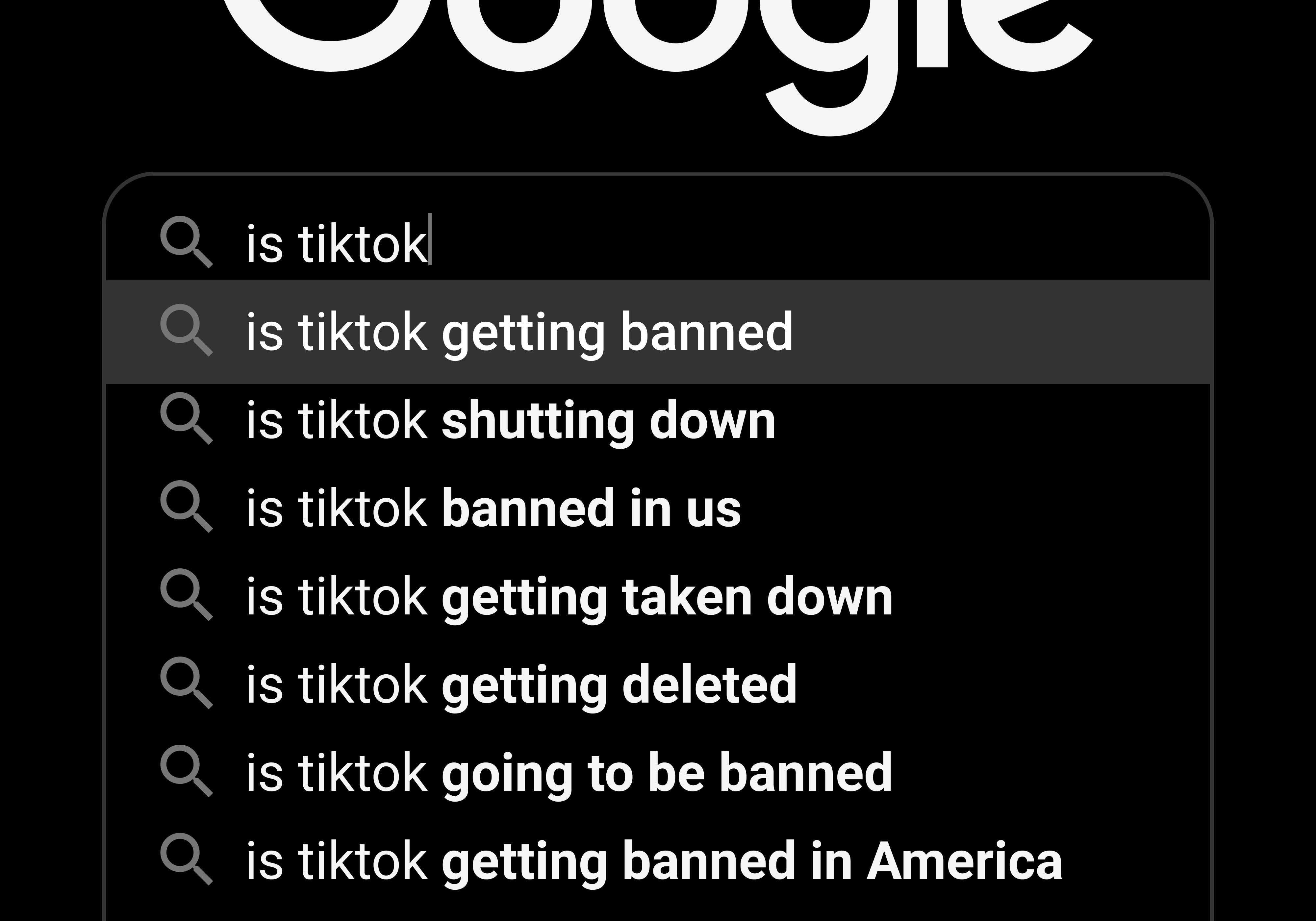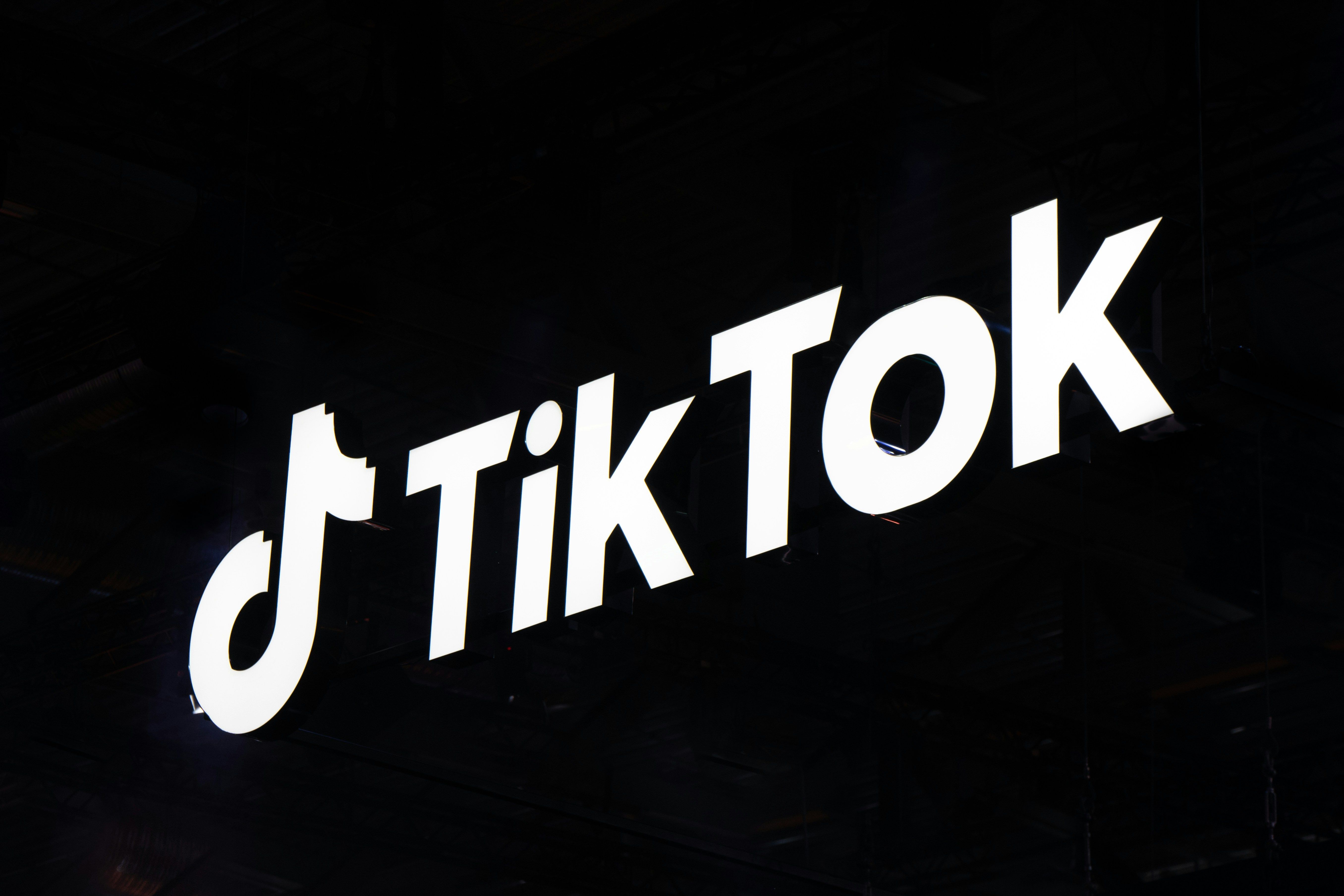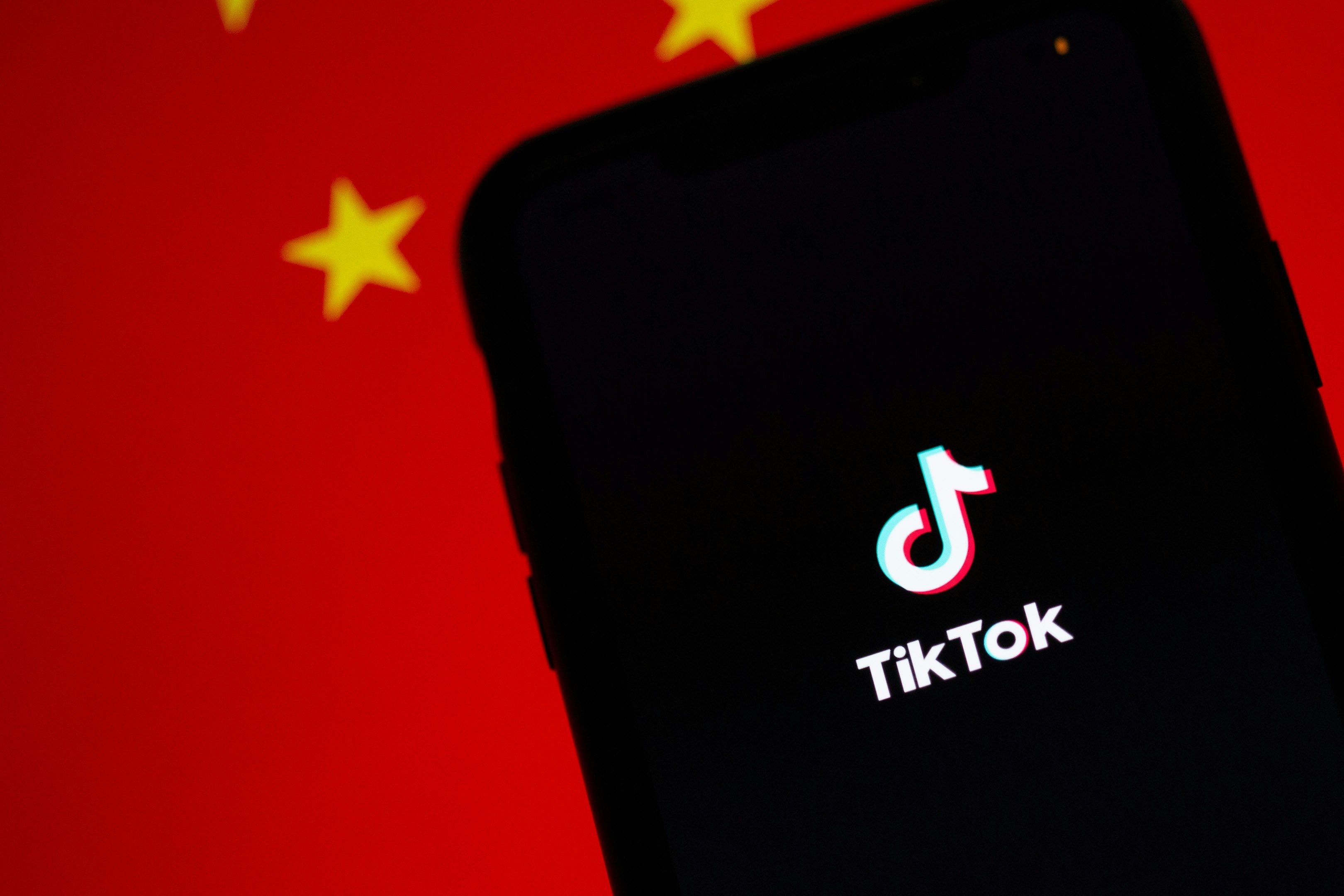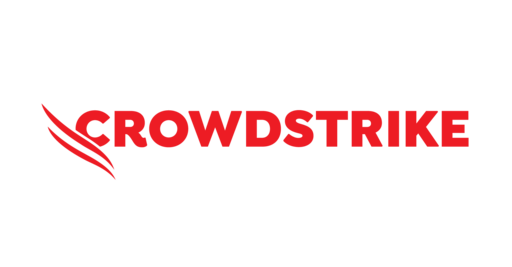The recent passage of a bill by the U.S. House of Representatives, aimed at forcing ByteDance to divest its ownership of TikTok or face a potential ban in the United States, has sent shockwaves through the tech industry and beyond. This move represents the culmination of years of mounting tensions between the U.S. government and the Chinese-owned social media platform, fueled by concerns over national security, data privacy, and the spread of misinformation.
The Road to the Ban

Photo from: Unsplash
A Timeline of Events
The saga of TikTok's potential ban in the U.S. has been a long and winding road, with multiple twists and turns along the way. It all began during the Trump administration when the former president first threatened to ban the app in 2020, citing concerns over the potential for the Chinese government to access American user data.
Despite initial efforts to address these concerns through a proposed sale of TikTok's U.S. operations to American companies like Microsoft and Oracle, the deal fell through, and the issue remained unresolved.
Fast forward to 2023, and the Biden administration picked up where its predecessor left off, with officials briefing lawmakers on the perceived national security threats posed by TikTok. These threats were twofold: firstly, the potential for the Chinese government to access data on American users, and secondly, the possibility of the app being used as a channel for propaganda and misinformation.
As the drumbeat of concerns grew louder, the House of Representatives took action, passing a bill in March that would require ByteDance to sell TikTok or face a ban in the U.S. within six months. However, this initial bill faced skepticism in the Senate, prompting a revised version that extended the divestment window to nine months and granted the president the ability to grant a single, additional 90-day extension.
It was this revised bill, tucked into a larger package of foreign aid and support for allies like Ukraine, Israel, and Taiwan, that ultimately passed the House with overwhelming bipartisan support earlier this week.
The Senate is expected to take up the package in the coming days, and President Biden has already signaled his intention to sign the bill into law, setting the stage for a potential legal battle between TikTok and the U.S. government.
Data Security, Propaganda, and the Future of Social Media
At the heart of the TikTok controversy lie two core concerns: data security and the potential for the app to be used as a propaganda tool by the Chinese government.
On the data security front, U.S. officials have long been wary of the possibility that ByteDance, as a Chinese company, could be compelled by the Chinese government to hand over data on American users. While TikTok has vehemently denied any such data sharing and has taken steps to store U.S. user data on Oracle servers within the country, the lingering specter of Chinese government influence has proven difficult to shake.
The second concern revolves around the potential for TikTok to be used as a conduit for Chinese propaganda and misinformation campaigns targeting American audiences. With the app's highly personalized algorithm and vast user base, particularly among younger demographics, the fear is that the Chinese government could leverage the platform to push narratives and shape public opinion in ways that serve its interests.
These concerns have been amplified by reports of TikTok's content moderation practices, which have been accused of censoring certain topics and promoting others in line with Chinese government policies.
TikTok's Counterattack To The Ban

Photo from: Unsplash
A Battle for Free Speech and Innovation
For its part, TikTok has mounted a vigorous defense against the looming ban, arguing that the U.S. government's actions represent a violation of free speech rights and a threat to innovation.
In a statement released this week, the company accused the House of "using the cover of important foreign and humanitarian assistance to once again jam through a ban bill that would trample the free speech rights of 170 million Americans, devastate 7 million businesses, and shutter a platform."
This argument taps into a broader debate around the role of government in regulating social media platforms and the potential for overreach that could stifle innovation and creative expression.
TikTok has also highlighted its positive impact on marginalized communities, providing a platform for creators and voices that may struggle to find representation elsewhere. The app's unique algorithm has been credited with surfacing diverse content and fostering a sense of community, particularly among LGBTQ+ individuals and people of color.
The Human Cost
Beyond the legal and political battles, a potential TikTok ban would have far-reaching consequences for the millions of users, creators, and small businesses that have built communities and livelihoods on the platform.
For content creators, TikTok has proven to be a game-changer, offering a direct pathway to viral fame and monetization opportunities that were previously unimaginable. From dancers and musicians to comedians and artists, the app has provided a stage for creativity and self-expression that has resonated with audiences worldwide.
Small businesses, too, have found unprecedented success on TikTok, leveraging the platform's ability to facilitate organic growth and viral reach. From fashion brands to local eateries, TikTok has become a powerful marketing tool, allowing businesses to connect with customers in authentic and engaging ways.
A ban on TikTok would upend these thriving ecosystems, leaving creators and entrepreneurs scrambling to find alternative platforms and rebuild the communities they've worked so hard to cultivate.
The Global Ripple Effect
While the immediate impact of a TikTok ban would be felt primarily within the United States, the reverberations of such a move would undoubtedly be felt across the global tech landscape.

Photo from: Unsplash.com
One potential consequence is the emergence of a fractured tech industry, with stricter controls and regulations in the West hindering innovation compared to the more freewheeling environment in Eastern markets like China and Japan. This could lead to a bifurcation of content and platforms, with users in different regions experiencing vastly different digital realities.
Moreover, a TikTok ban could erode trust in U.S. authority and its commitment to a free and open internet, particularly among Eastern countries that have embraced the app with far fewer reservations. This erosion of trust could have far-reaching implications for diplomatic relations and global cooperation on issues ranging from cybersecurity to intellectual property rights.
Finding Common Ground
As the TikTok saga continues to unfold, it has become increasingly clear that a nuanced and collaborative approach is needed to address the valid concerns surrounding data security and content moderation while preserving the benefits of innovation and creative expression.
One potential solution lies in the development of global data security standards and protocols that could provide a framework for responsible data handling and transparency, regardless of a company's country of origin. Such standards could alleviate concerns over data privacy while fostering trust and accountability across borders.
Additionally, increased transparency around content moderation policies and practices could help bridge the gap between Western and Eastern perspectives on content control. By fostering open dialogue and mutual understanding, it may be possible to strike a balance that protects





